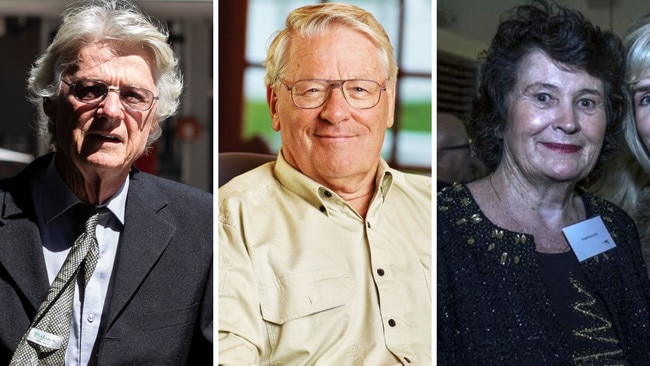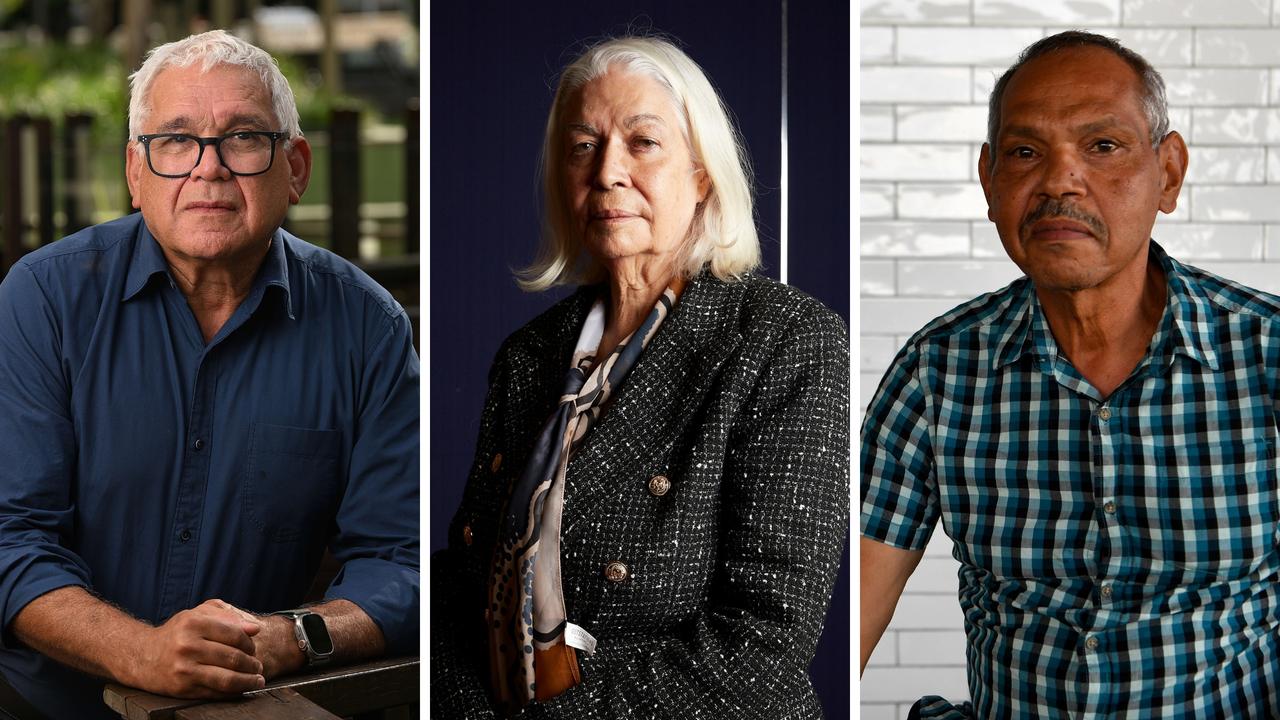Multibillion-dollar Wright battle comes to an end
Julian Wright sold his stake in Wright Prospecting – now worth billions – for just $6.8m and had accused his siblings of defrauding him out of the family empire.

The legal fight stemming from one of Australia’s highest-stakes family feuds has formally come to an end, with the High Court killing off Julian Wright’s effort to try to claw back a portion of the Wright Prospecting iron ore fortune.
Julian had long argued that his siblings, the late Michael Wright and their sister, Angela Bennett, had defrauded him when he agreed to sell his shares of the family business and father Peter Wright’s estate for a sliver of their current value.
The West Australian Supreme Court found that while Julian had established that there had been “deceit and equitable fraud” in Michael and Angela’s acquisition of his interest in their father’s estate, his compensation claim against them was barred by an earlier settlement he had reached with them in a 2008 agreement that delivered $70m to Julian’s children.
Peter Wright was the business partner of Lang Hancock at the time the pair first identified the enormous iron ore potential of WA’s Pilbara region. They set the groundwork for the hundreds of millions of dollars of royalties that now flow each year into the coffers of Wright Prospecting and Gina Rinehart’s Hancock Prospecting.
Angela Bennett’s net worth, built on her share of Wright Prospecting, is now estimated at $4.6bn and Michael Wright’s children, Leonie Baldock and Alexandra Burt, are worth a combined $3.2bn, according to The Australian’s Richest 250 list. Julian Wright sold his share of the family empire in 1987 for $6.8m.
He tried and failed to have the Supreme Court decision overturned in WA’s Court of Appeal and earlier this year applied to have the matter go before the High Court. His application to the High Court was particularly critical of the findings handed down by Court of Appeal president Michael Buss, accusing him of failing to engage with Julian Wright’s submissions and including “many errors” in his reasons.
The application also argued that both the Supreme Court and Court of Appeal had failed to identify how and when Julian had learned of the fraud against him.
The timing of that moment was critical in determining whether his claim should be barred under the statute of limitations, with his legal team arguing that he only fully learned of the scale of the fraud after he launched the Supreme Court claim in 2017.
The High Court knocked back Julian Wright’s application, issuing a brief statement of reasons for the decision.
“There is no reason to doubt the correctness of the decision of the Court of Appeal of the Supreme Court of Western Australia. Moreover, the proposed appeal does not raise a question of public importance,” the disposition said.
The High Court also ordered Julian Wright to pay costs, adding to what is already expected to be a substantial legal bill for the years-long fight.
While he is the biggest loser from the matter, the High Court’s decision also ends any hope for Angela Bennett to overturn the Supreme Court’s findings against her and her late brother.
That original decision found that Michael and Angela breached the fiduciary duty they owed to Julian as a beneficiary when they were executors of their father’s estate, and that Julian had established his causes of action in deceit and equitable fraud in their acquisition of his interest in Peter’s estate.
Those findings now stand.
Both Julian Wright and Wright Prospecting declined to comment.



